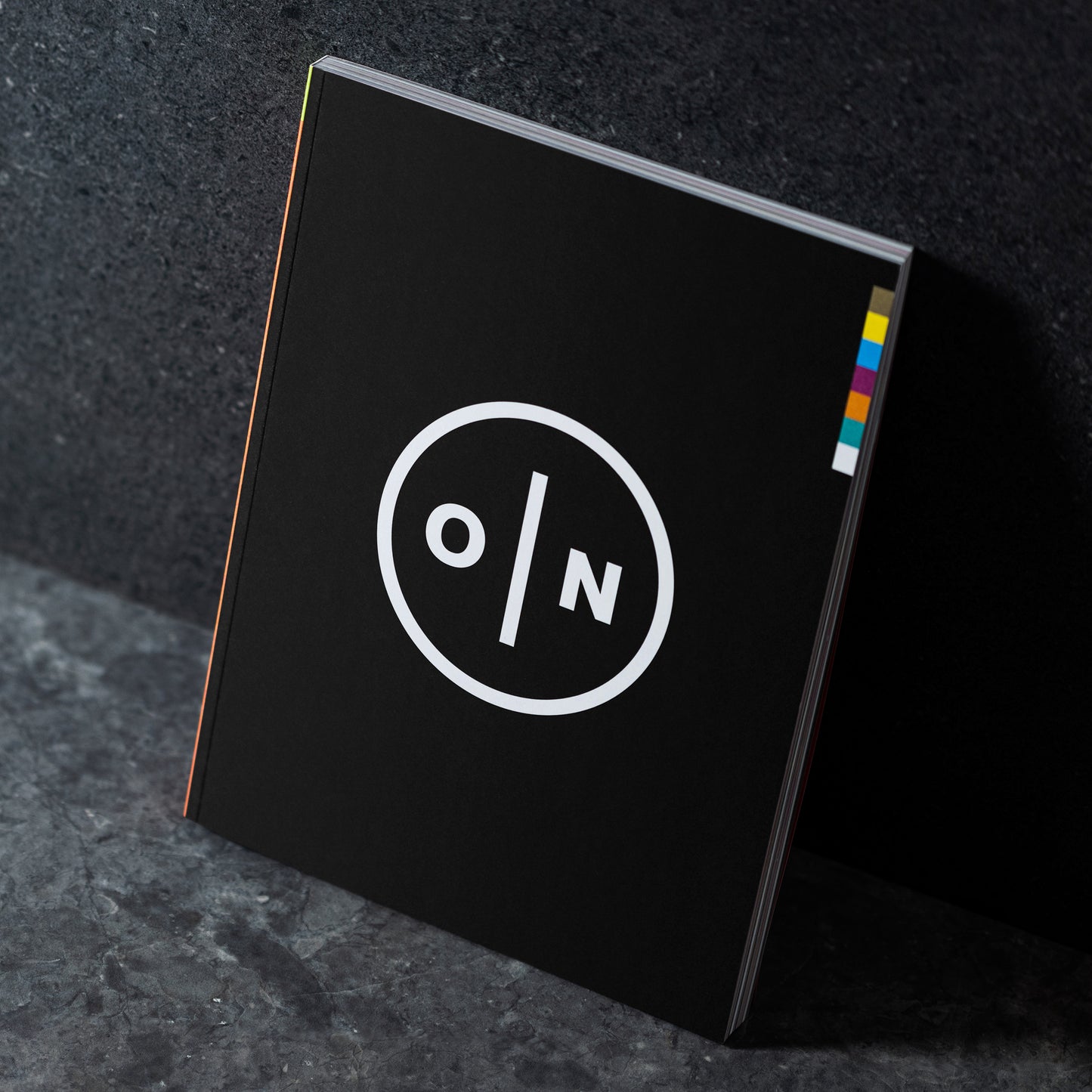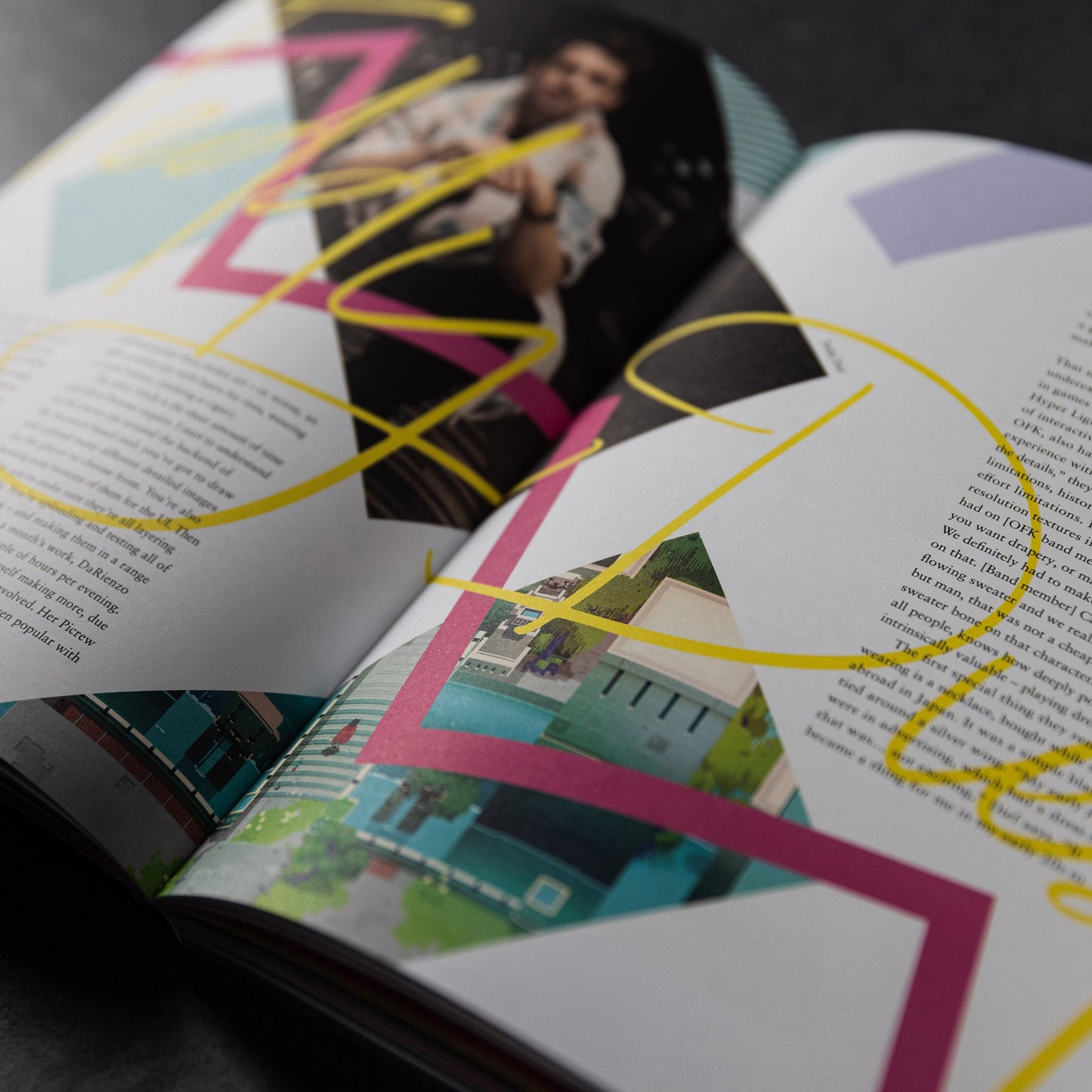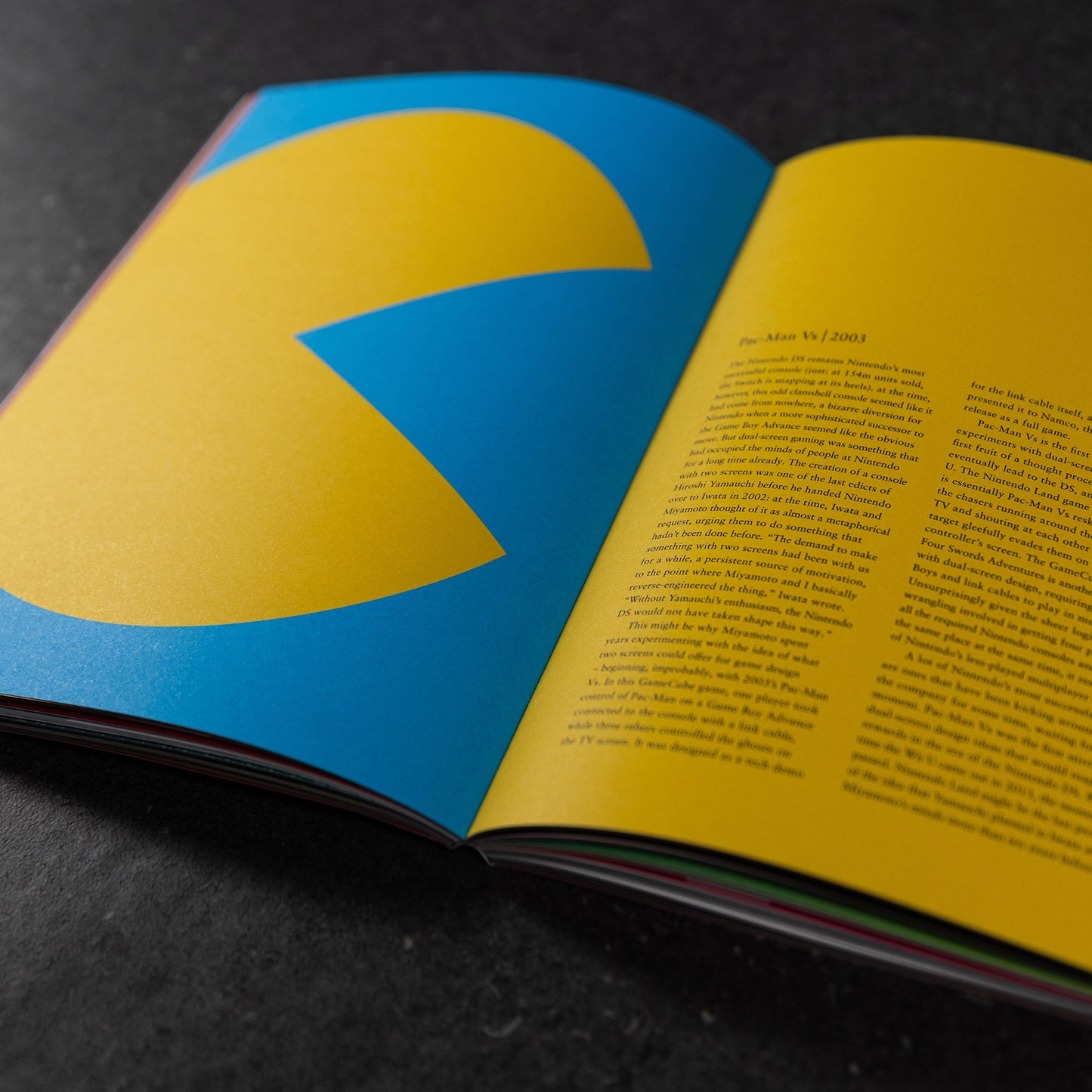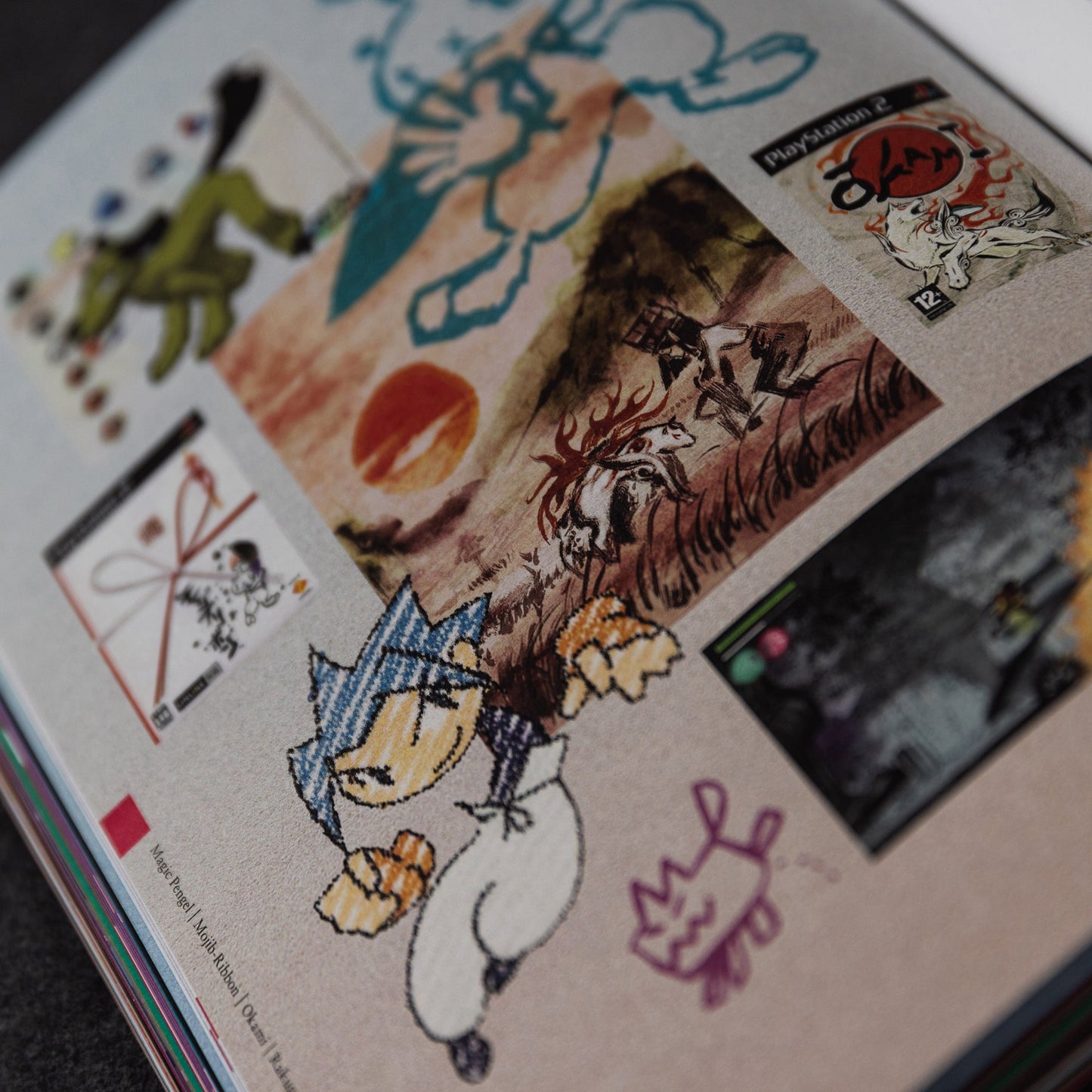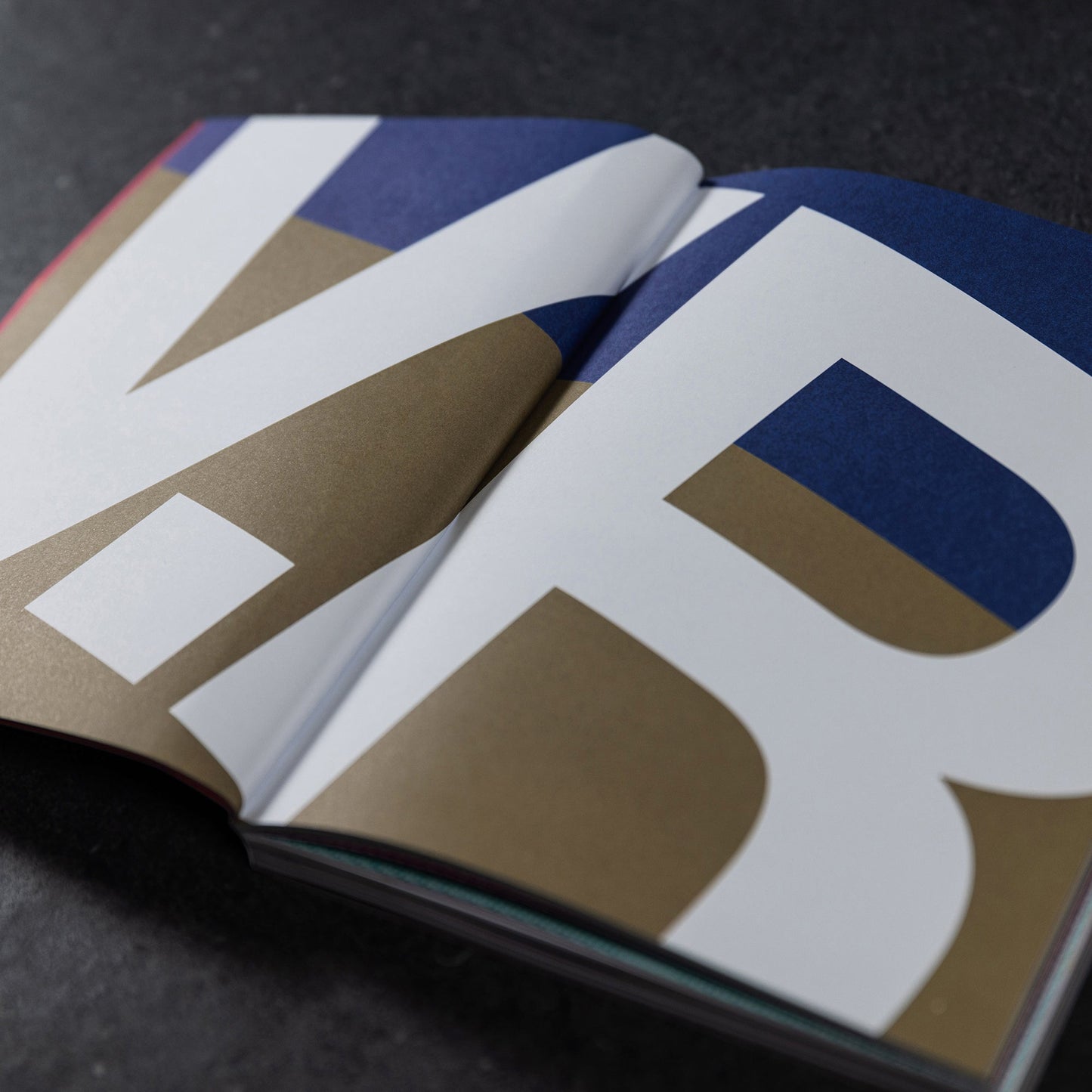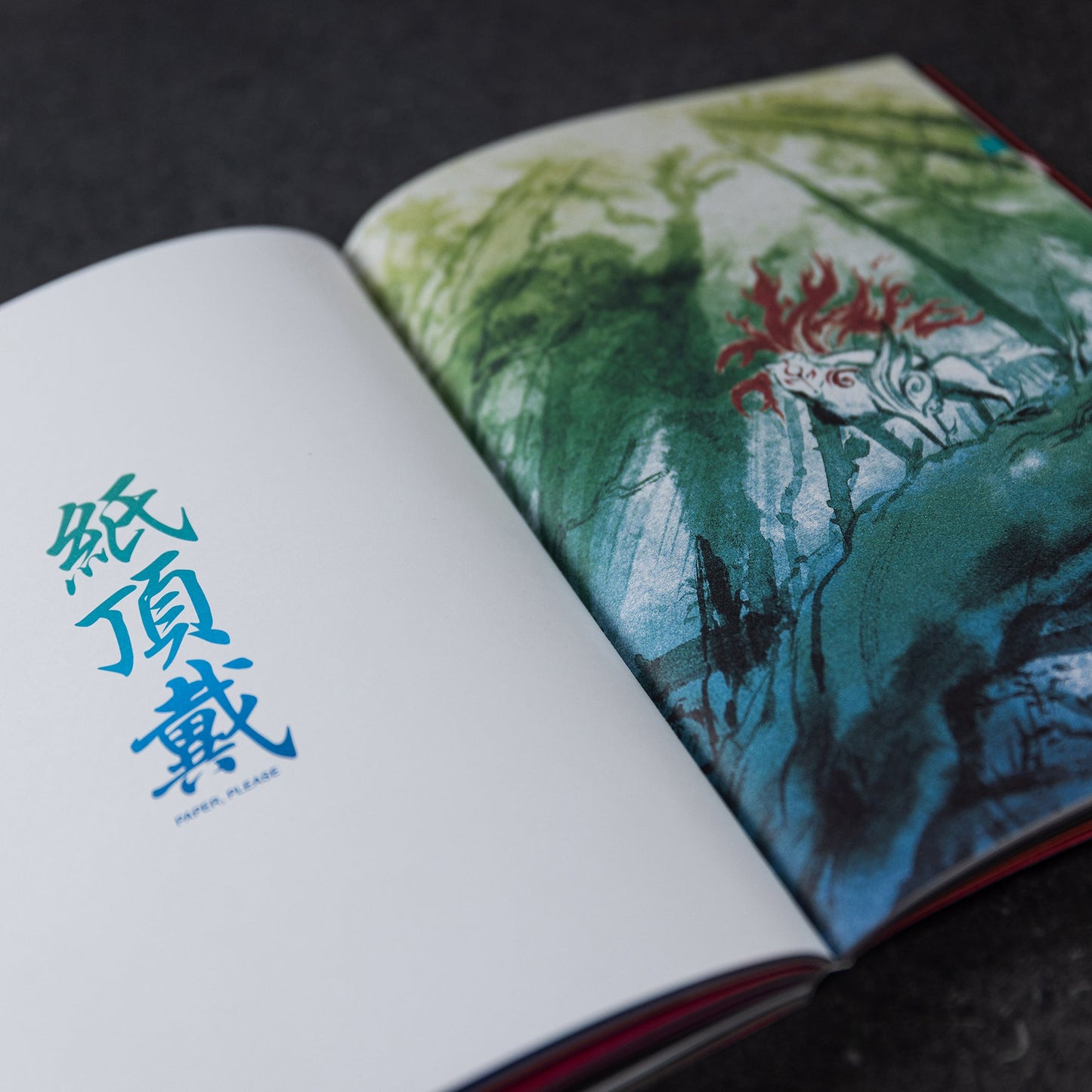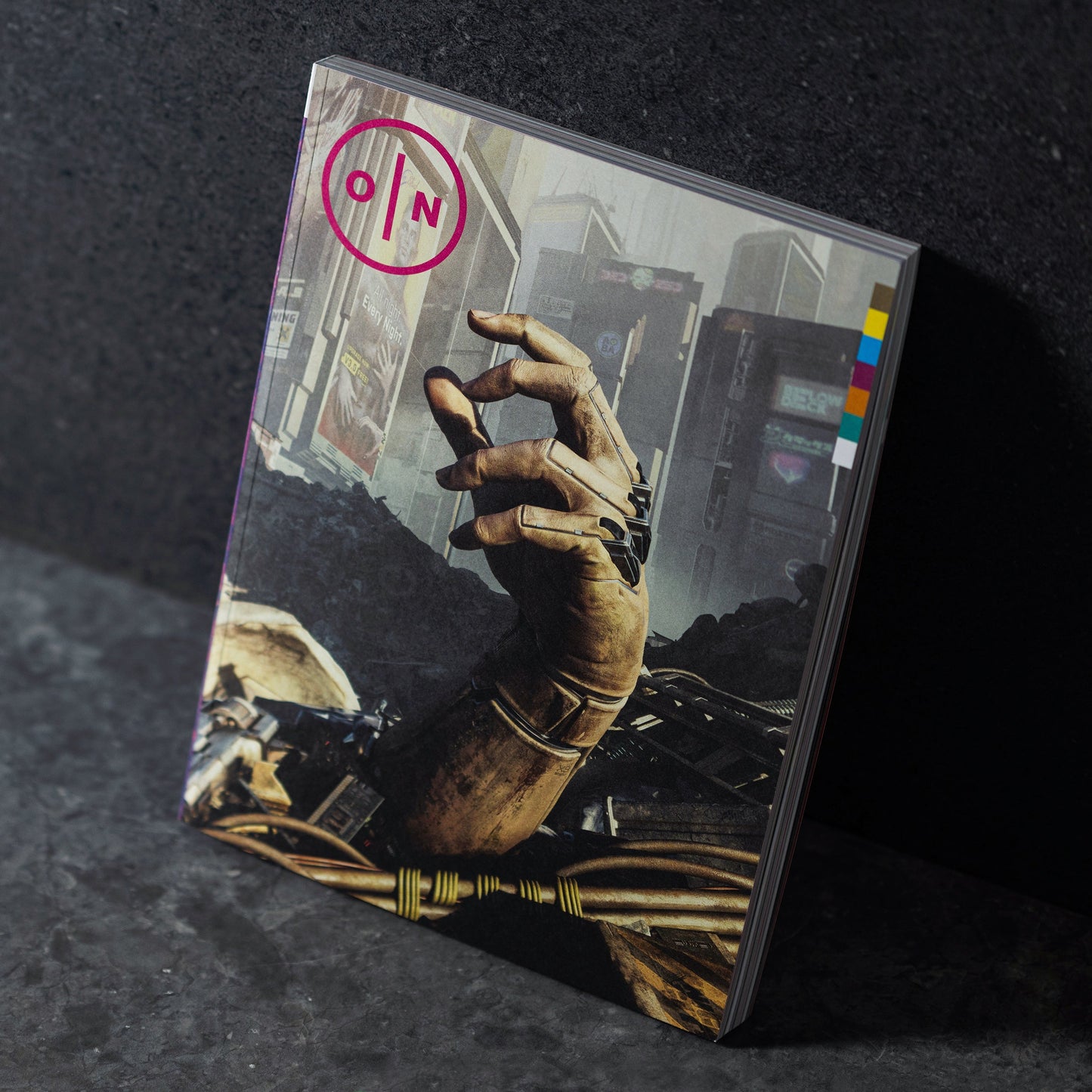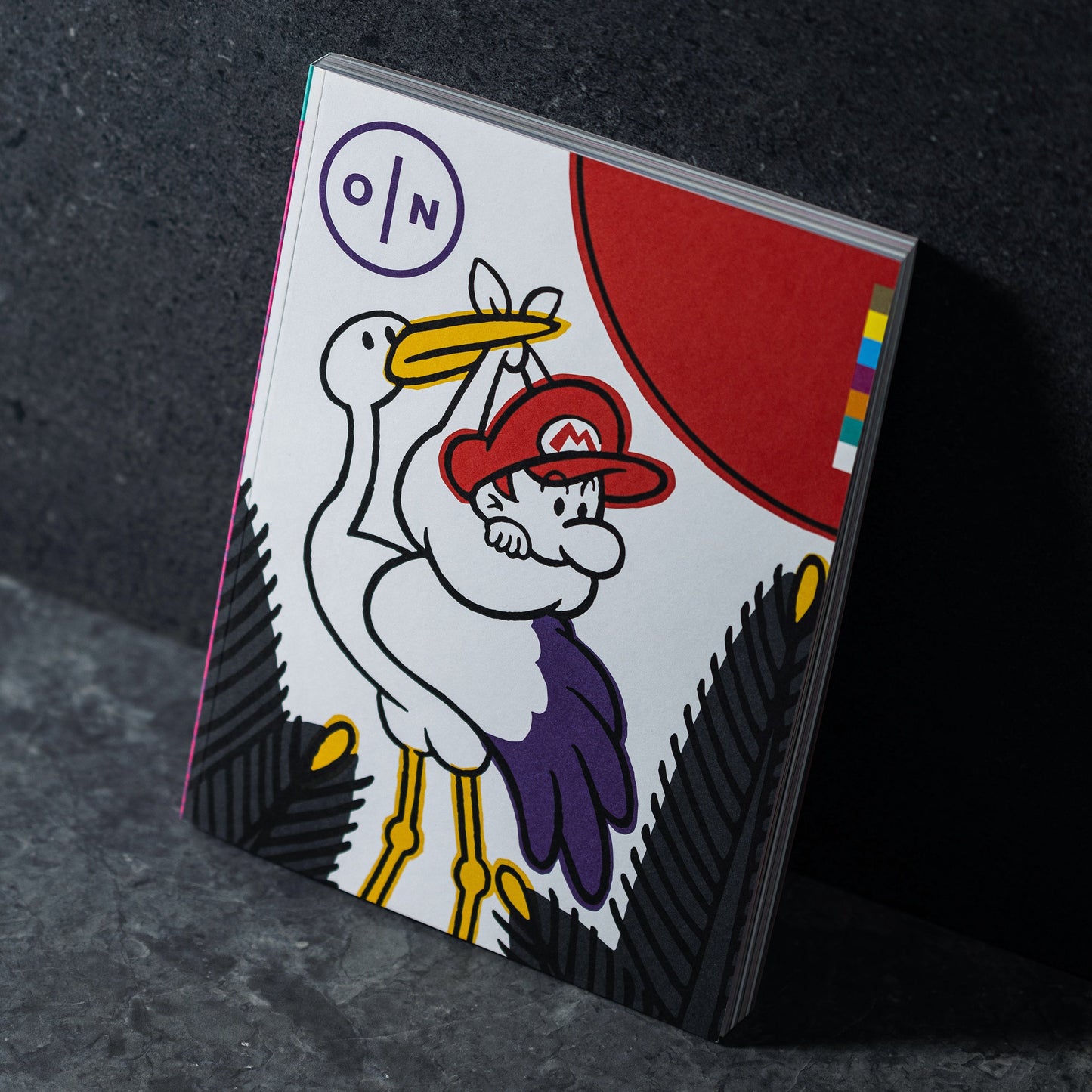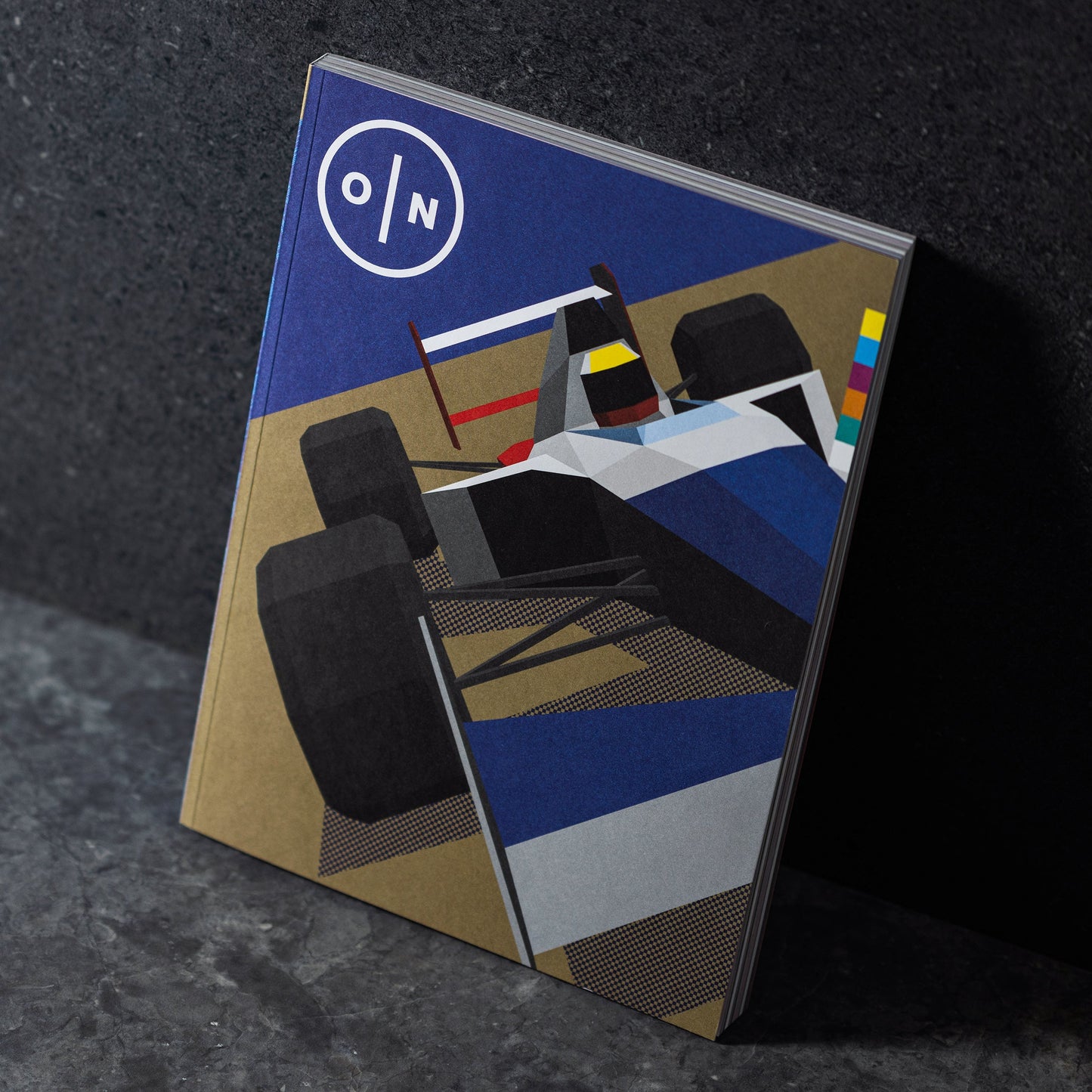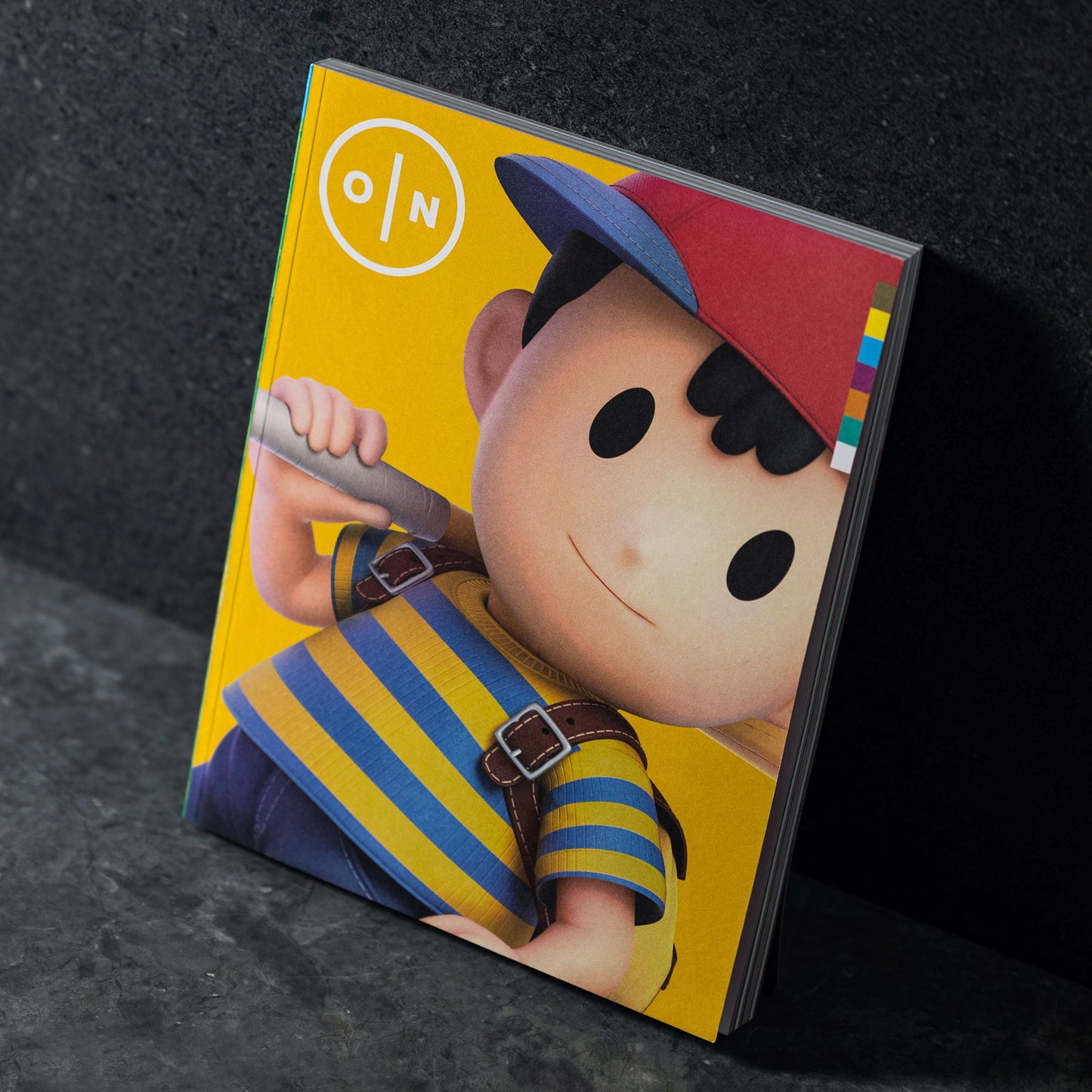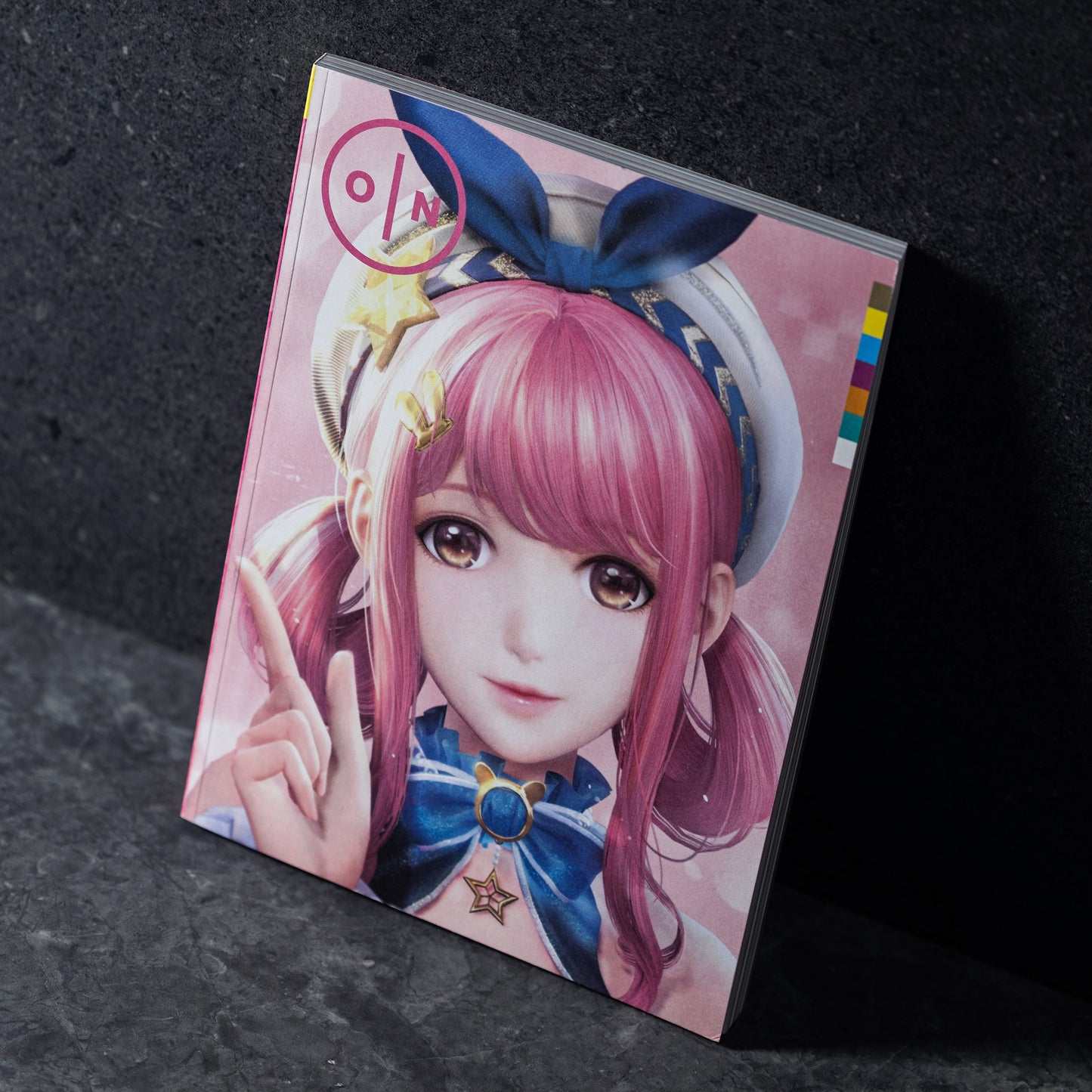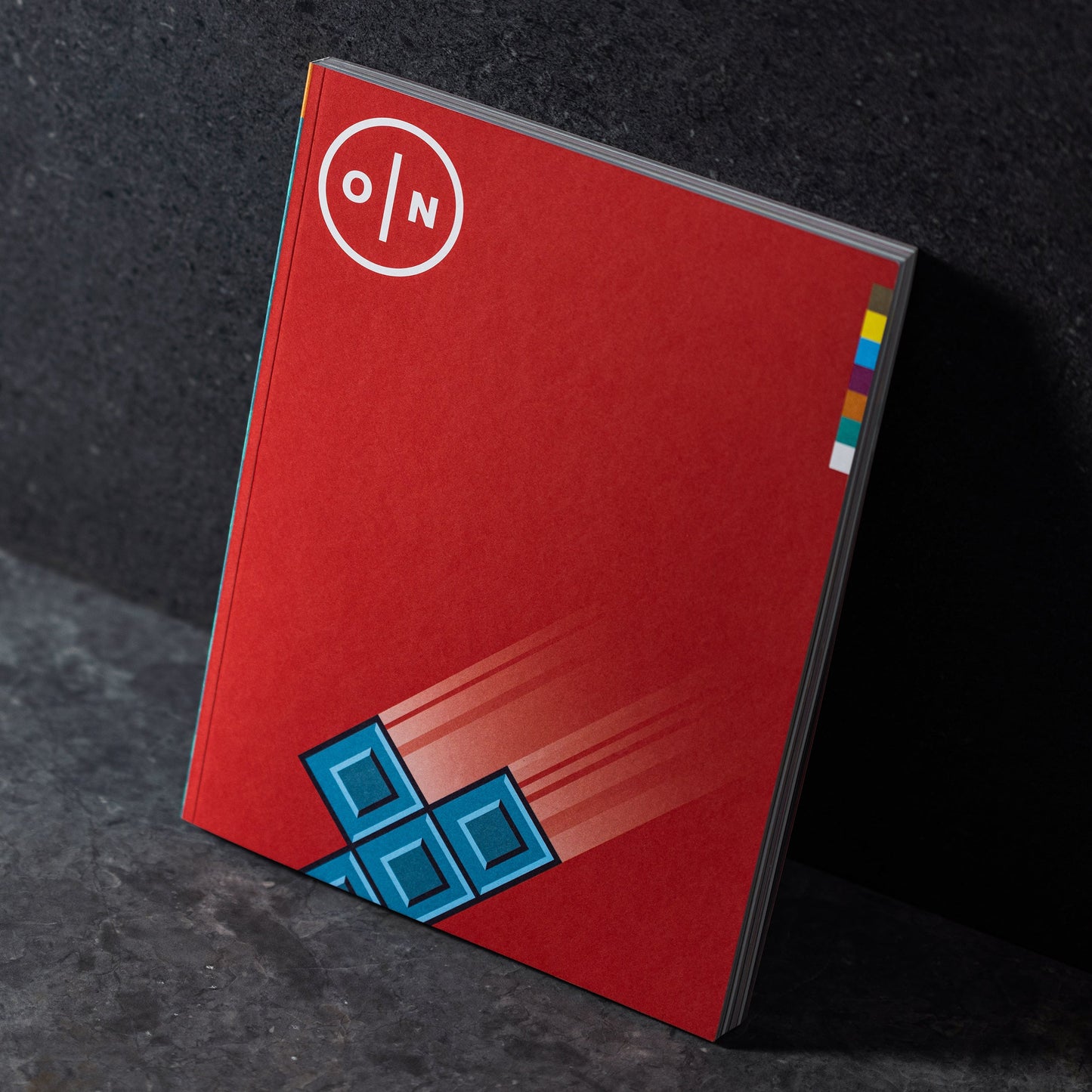Margaret Robertson ON Japan’s paper play pioneers

Interview with Margaret Robertson
Margaret Robertson grew up in Scotland, largely in the company of an Atari ST. She trained as a medieval historian before joining Edge as a staff writer and eventual editor. Working as a game designer and studio head in London and New York, she’s consulted for Sony and EA, made games for Channel 4 and the Tate Modern and led the Incubator program for the NYU Game Center. Now based in Tokyo, she is the co-founder of her own game studio, Cabbage Systems.
Margaret ON Japan’s paper play pioneers in ON: Volume One.
One thing I love about your piece is how much of games it manages to pull together through this simple idea of paper. Did the piece come to you in bits and pieces like this? Did you start to see paper's influence all over the place?
Margaret Robertson: The piece really started somewhere stranger, although still paper related. When I started filling in Japanese forms - especially business forms - I noticed some bureaucratic quirks that felt indicative of bigger cultural differences. Often someone would help me fill in some parts of a form, but they would never fill in the date. It was clearly somehow vital that I did that myself, even if I couldn't tell how that piece of information was more personal or important than my address or my resident card number. And here the 'sign here' field is often somewhere you're expected to just neatly print your full name (especially a Western name) rather than a signature - the unique unforgeable identifier here is often expected to be a seal, and there's zero legal weight behind the concept of 'my name but in bad handwriting'. It felt like a reminder that all these things are always some species of magical thinking - in the West we think signatures are a binding bit of business, but here they're just for fun. I felt like I was catching a whiff of something important.

Once paper had my attention I realized it too had a different status here. Paper in the West always felt a little shabby to me - books are magical, precious artefacts but just plain paper is disposable, businesslike - it's one step away from being litter. Tomorrow's chip-wrappers etc. But paper here felt personal, intimate, creative, treasured. The stationery business is different here - it's common to have a little notebook to keep track of your prescriptions, or a household journal to track home-keeping tasks. People love to draw, both as a serious hobby and a fun community activity - our local bar runs painting and crafting events multiple times a year where customers submit DIY artworks, and dozens of people take part. Origami is an old-fashioned pass-time now, but you can still buy the materials in every dollar/100 yen store, and it cements the idea of paper as a toy.
So really where it all started was - wait, paper is culture, paper is society. And then once I'd thought that, of course my next thought was: huh so what does that mean for games.
A lot of magicians won't do tricks with things like iPhones, because magic is most powerful when it emerges from mundane things like coins and elastic bands. Do you think there's a similar principal at work in the games you talk about here?
Margaret Robertson: I wish I had a smart answer here but I don't think I do. I wonder if the iPhone thing is more about trust than mundanity - you dismiss an iPhone trick because the thing itself is tricksy: you know an iPhone is full of complicated, strange stuff you don't understand, so seeing it do something weird is more of a 'huh figures' than a 'wait woah'. But a coin you know and trust. A deck of cards - even with its entwined relationship with magic and card sharps - is a thing you know the full parameters of. The magic seems amazing because you know as a fact the behaviour of the thing has just exceeded its affordances.
There's a series of really fascinating experiments trying to figure out how moral babies are - do even very very young humans have a sense of right and wrong? But how do you figure that out when babies can't talk? So researchers formed a theory that you can gauge a baby's sentiment towards a thing by how long it looks at it. They assembled evidence that showed that babies gazed longer at things they didn't like or understand. Their research suggested that babies loved looking at nice things - a caregiver's face, for instance - but their look duration was actually quite short. They'd look to check the nice face was there, and then once they saw it, they were quickly reassured and looked elsewhere. But unfamiliar or unpleasant things caused longer gazes. So if you show a baby a box balanced on stool, and then take the stool away, and the box falls down, the baby looks and then looks away: ok, I get it. But if you show them the same set-up with a trick box, so that when you move the stool away the box doesn't fall, the baby just freaking STARES at that box. Because yeah, for some reason step one in this experiment proving that babies understand morals was proving babies understand gravity. But it seems like they do! And when they see a thing that breaks that rule there is something instinctively arresting and alerting and enlivening about that. You can 'wait woah' a baby by breaking the rules of physics. And I think magic - and that means also sometimes games when they want to feel magical - have to tap into that same feeling. You have to set up a trust - a knowable, observed set of affordances and expectations - and then break them.
You've described your investigation into paper games as a quest to understand your new home in Japan - could you talk a bit about what that quest has looked like?
Margaret Robertson: I really hoped that starting the investigation was going to get me into lots of interesting conversations, but the truth is I didn't have much luck with that approach. I explained my ideas over and over to various acquaintances, and new friends, and patient strangers, but mostly got fairly uncomprehending responses. It felt like I was seeing a category that wasn't a natural category to most people here - they weren't making the connections between receipts and origami and hanafuda that I was. Everyone was polite about it, but it didn't unlock the avalanche of memories or observations that I had hoped for. But it did turn out to be a wonderful tool for field trips and research. I learned a huge amount about Japanese history from trying to track down the various evolutionary strains of card games, and getting a chance to do studio and event visits was amazing. All of the individual practitioners I met were amazing resources of interest and insight.

One of the game-makers you talk to, Oink Games, talks about how certain ideas won't fit into their pleasantly small boxes. Do you think restrictions have a big role to play in the kind of games that get made on paper? Are there any restrictions that keep coming up?
Margaret Robertson: It honestly doesn't feel that way. Paper overall is so cheap and so flexible that there's almost no idea I can't imagine being possible in some form or other on paper - I prototype a lot of paper for my own game-making work, and I love how powerful it is. Where the restrictions come in maybe is more in turning those ideas into product: if you need things to look luxe, or come in at a certain price point, or have durability or whatever, then there are some pretty tight tradeoffs. And similarly, there's a ton of stuff you can make work on paper that's functional but cumbersome or tedious for players (but often very fast and easy for computers). So as a creative medium paper feels very unlimited, but as a commercial medium, you can hit tight limitations pretty fast, although often in ways that end up enriching the final result rather than undermining it.
Someone years back writing for Edge - I suspect it was you? - described books as an ideal form of technology. It feels like a scarlet thread running through your piece for ON is that paper is a kind of ideal technology. Can you think of any other pieces of promising tech that we live around every day without really seeing, as such?
Margaret Robertson: It's a cheap trick, but the other technology that's implicit here is writing. Writing is an insane technology. I try to think seriously about its capabilities it gives me vertigo. It's time travel and teleportation rolled into one. Paper on its own is still pretty cool, but paper plus writing is just a crazy overpowered combination. Nathan's piece on roguelikes is full of great Slay The Spire stuff and the terrifying thing about StS is that it's really just a writing game - it's just a game where you get five sentences every turn and then you use those sentences to kill armoured avocados.
Read the full feature in ON: Volume One:
ON: Volume One
